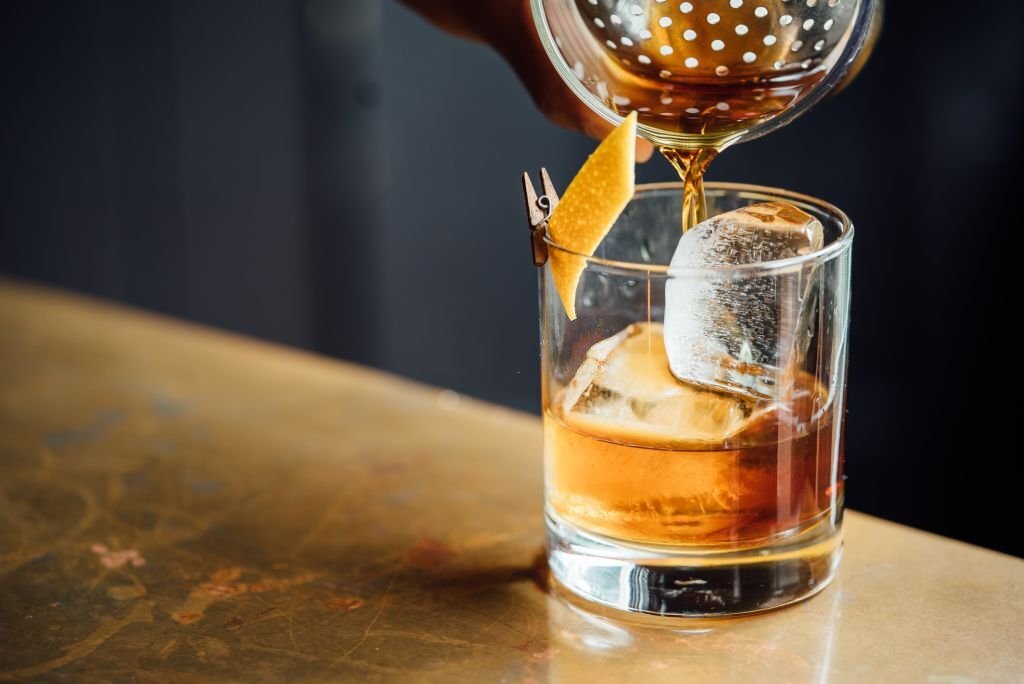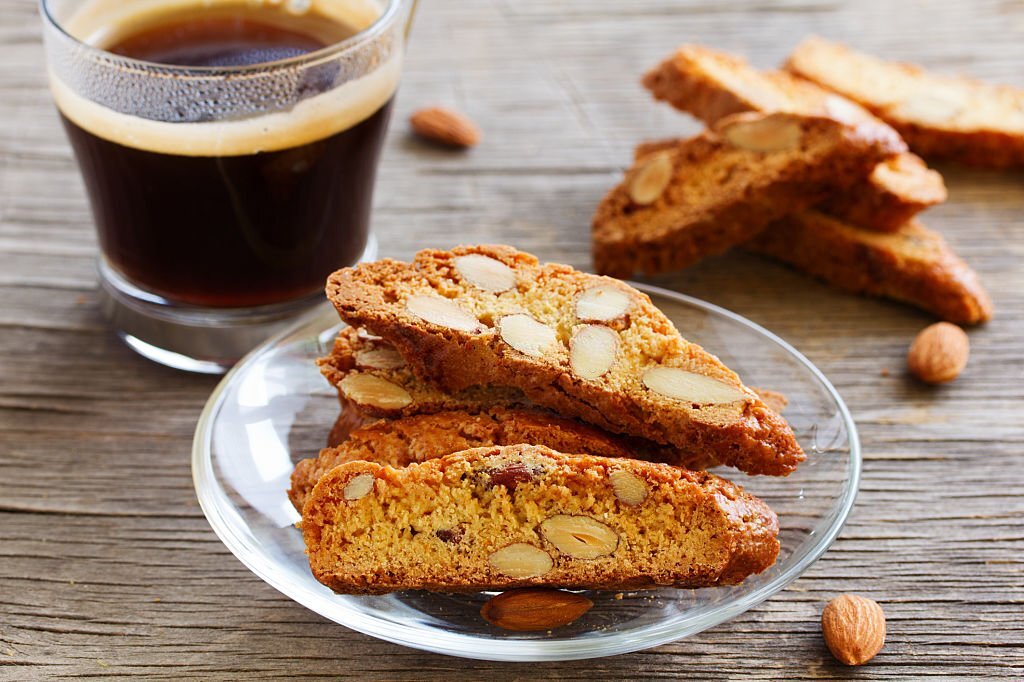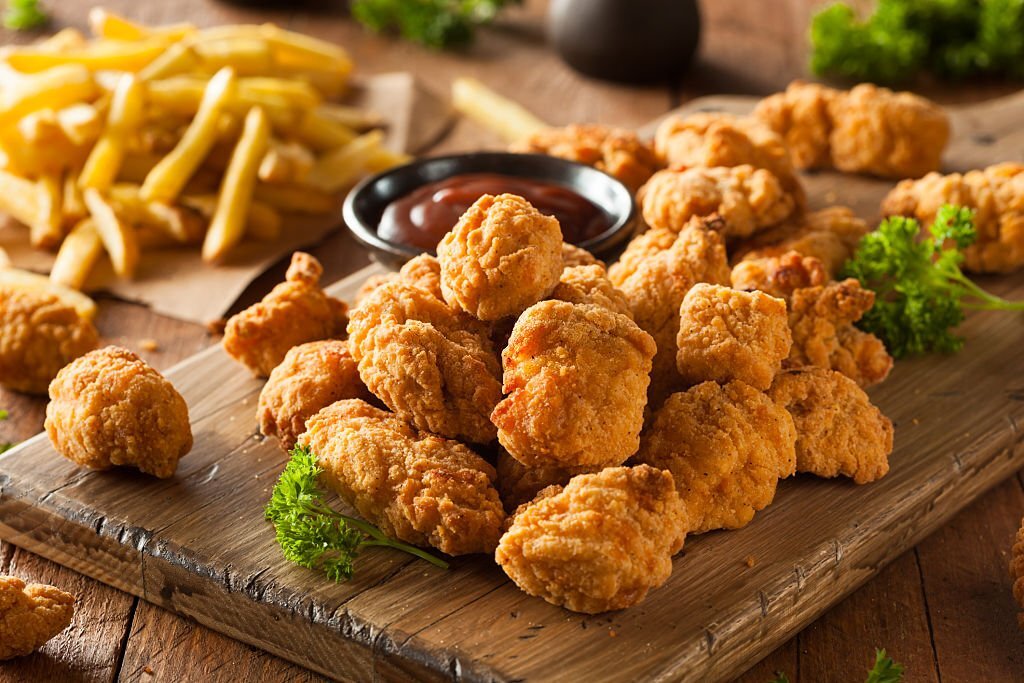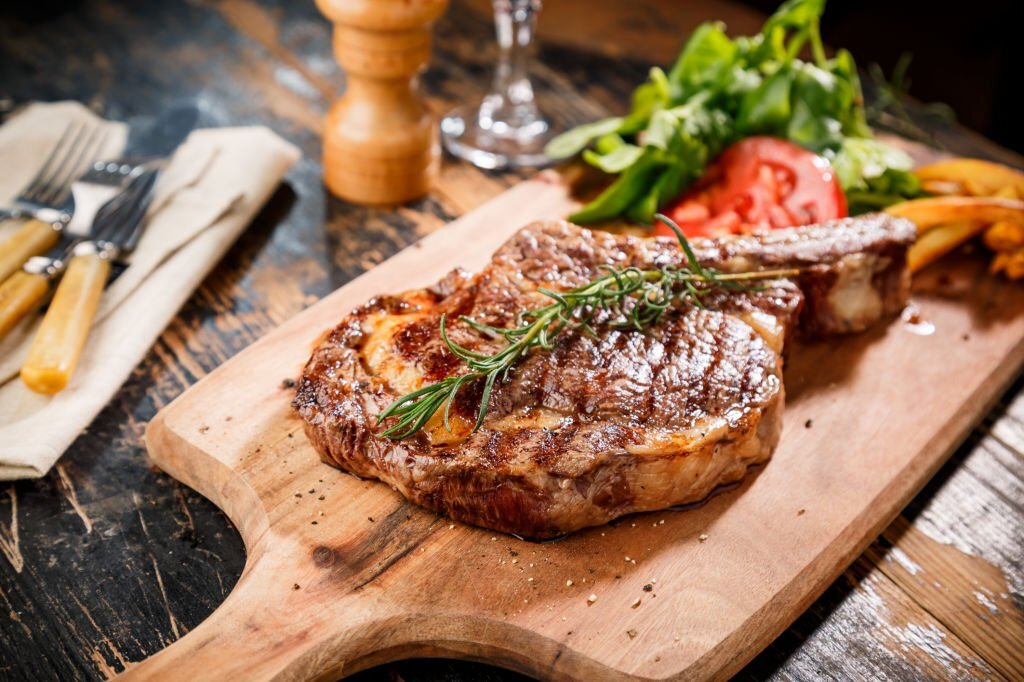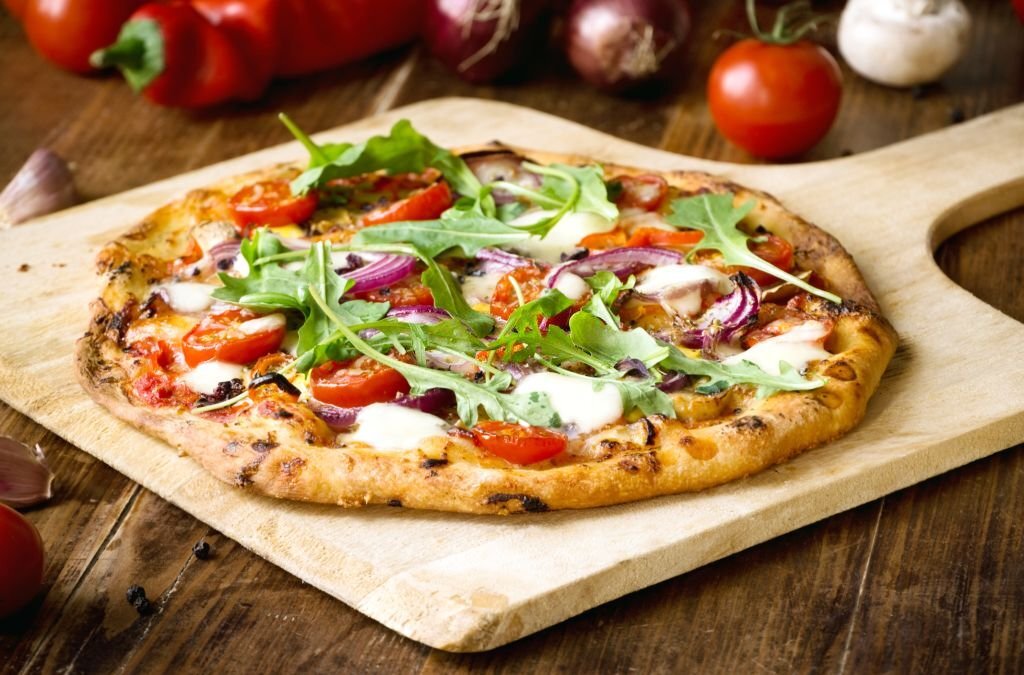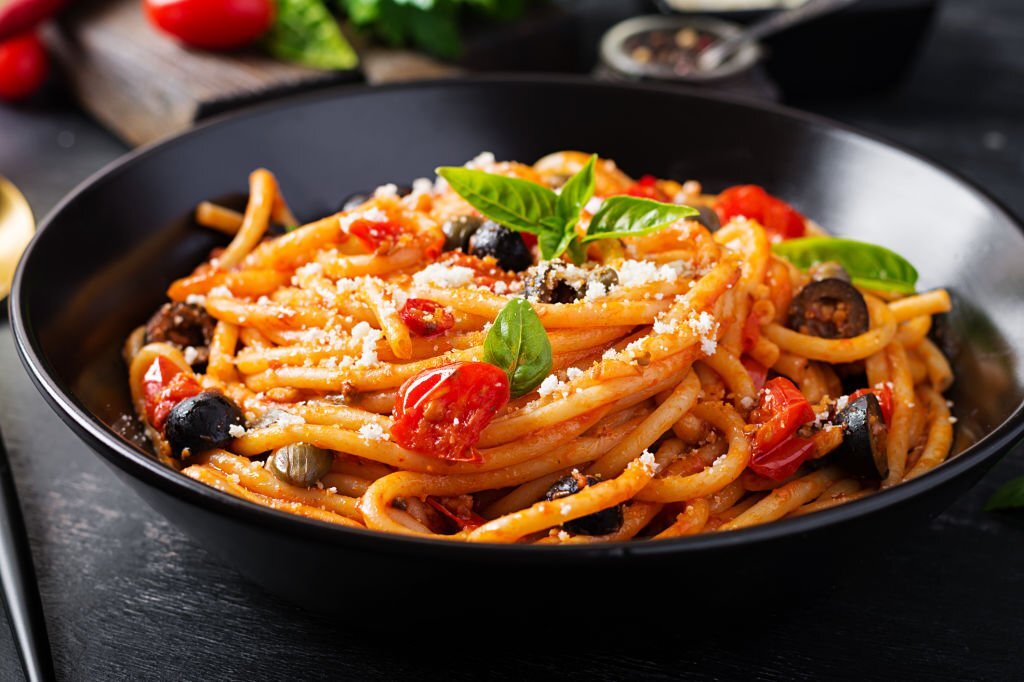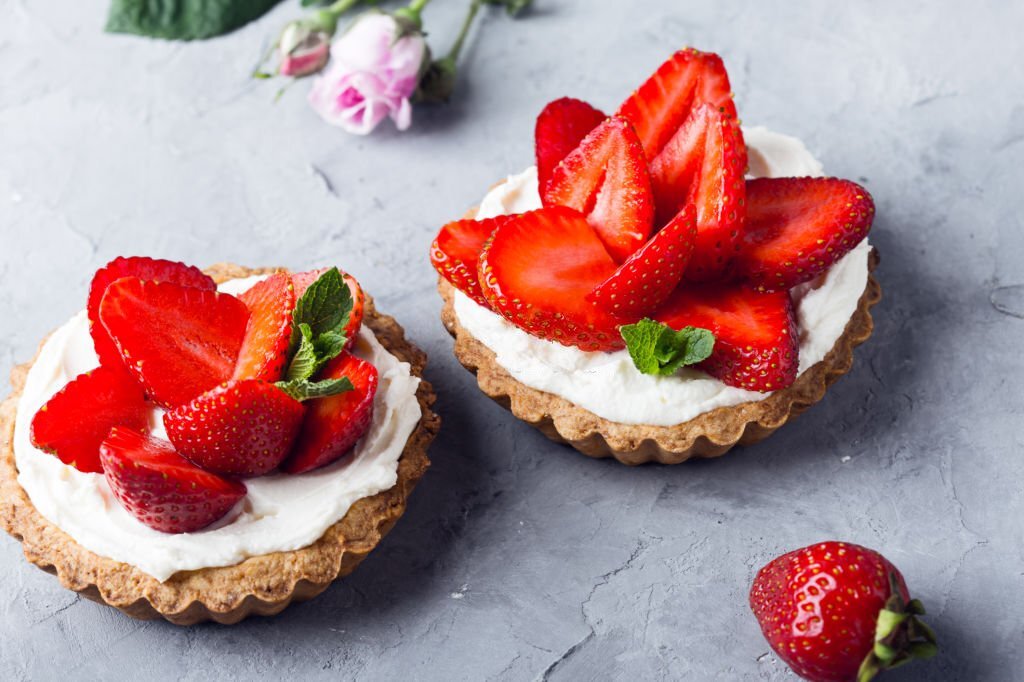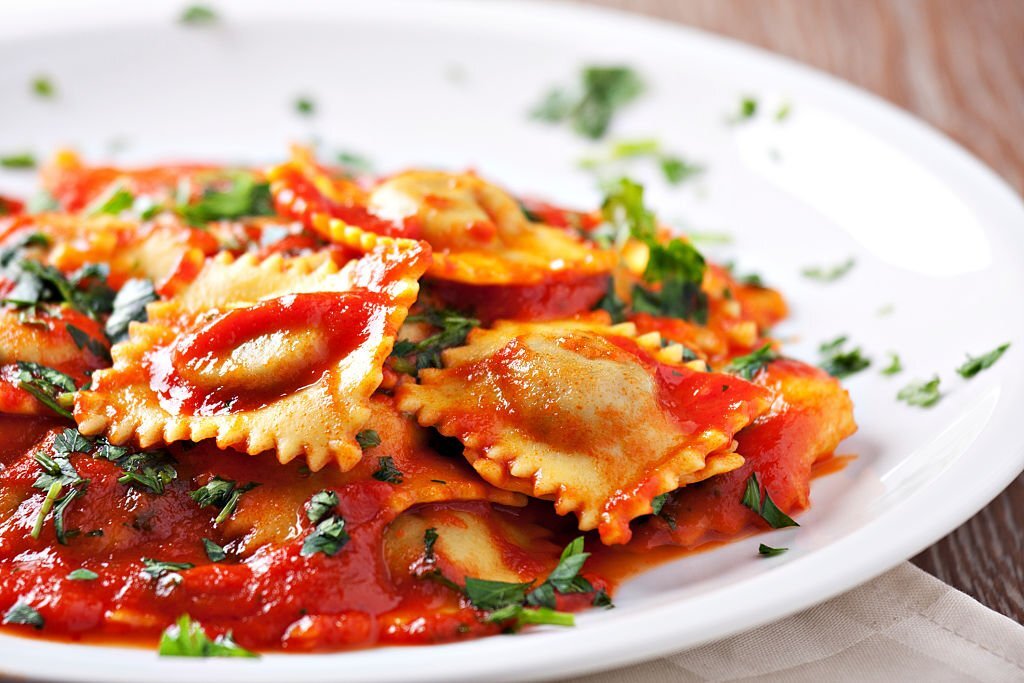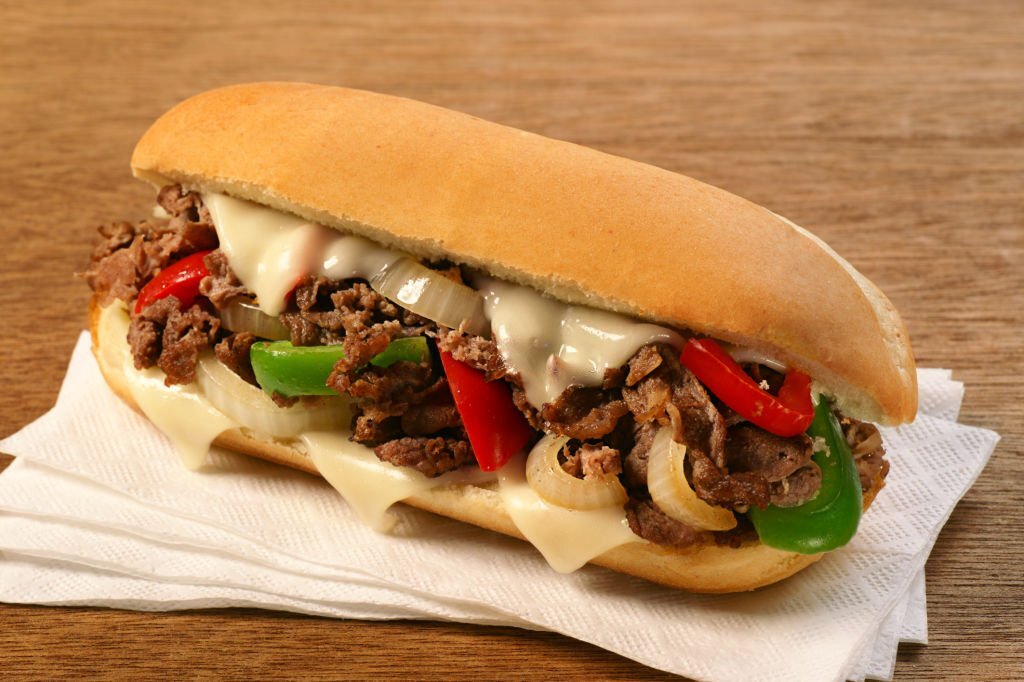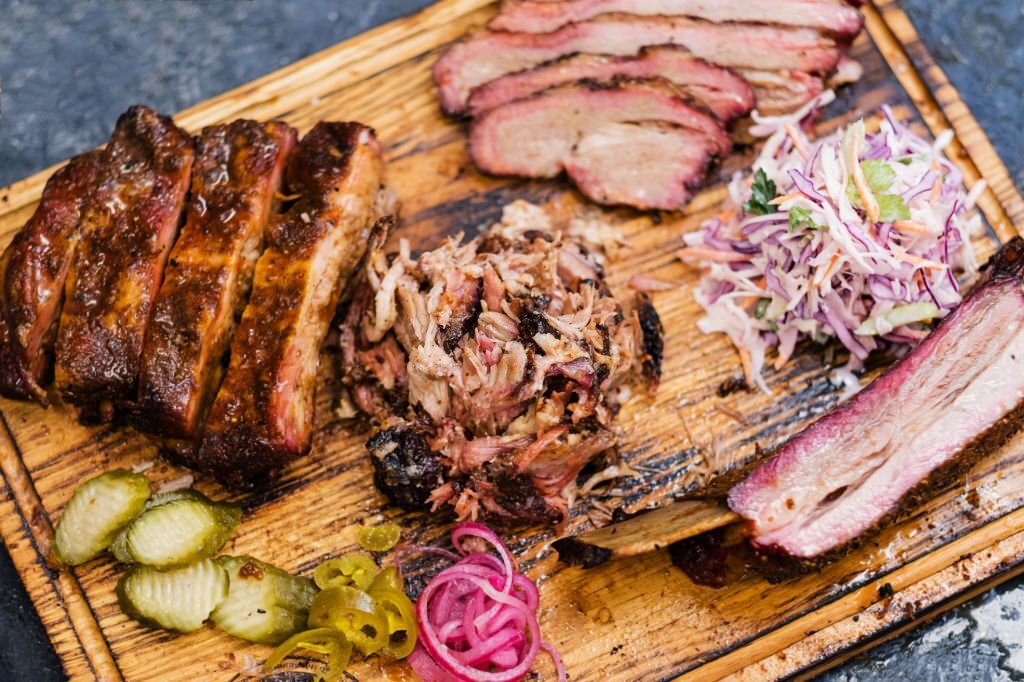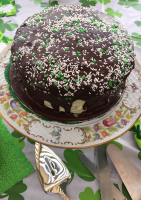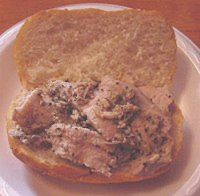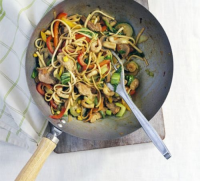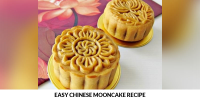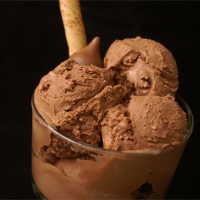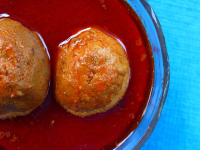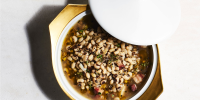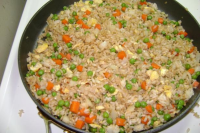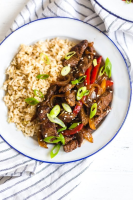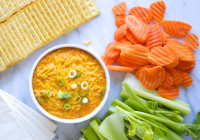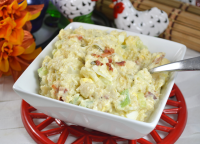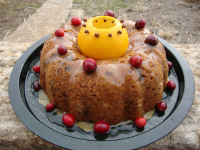More about "plum seeds poisonous recipes"
CAN YOU EAT PLUM SEEDS? [TOXICITY LEVELS] | EAT FOR LONGER
Plum seeds contain amygdalin which turns into hydrogen cyanide in the body, this is poisonous and can cause severe side effects in large amounts. You should certainly avoid chewing or crushing plum seeds or blending them. This is because the seeds of stone fruits which include plums, peaches, and apricots contain amygdalin.
From eatforlonger.com
From eatforlonger.com
See details
ARE PLUM PITS POISONOUS? - THE WHOLE PORTION
Jul 15, 2021 · Yes, plum pits are poisonous. The plum pits (also known as stones, kernels or a seed) are poisonous like other stone fruit such as apricots, peaches etc. Pits contain a chemical that is known as amygdalin that when ingested converts into poisonous hydrogen cyanide. So, you should avoid plum pits ingestion.
From thewholeportion.com
From thewholeportion.com
See details
ARE STONE FRUIT SEEDS POISONOUS? WHAT TO KNOW ABOUT CHERRY ...
Jul 25, 2018 · While some eat and cook with the pits of peaches, cherries, apricots, and plums, others consider them inedible and toxic. Stone fruits do contain cyanide, but poisoning from ingesting a few seeds ...
From goodhousekeeping.com
From goodhousekeeping.com
See details
8 FRUITS AND VEGETABLES WITH A POISONOUS SIDE
From treehugger.com
See details
COCO-PLUMS - EAT THE WEEDS AND OTHER THINGS, TOO
The seed is about 21% oil by weight. In fact, the seeds can be strung on sticks and burned like a candle. The oil can also be used to make candles, soap, and axle grease. The kernels (and leaves) can also be used to make a black dye that helps fibers resist decay. The Coco-plum has has many native medical uses (see Herb Blurb below.)
From eattheweeds.com
From eattheweeds.com
See details
FORAGING TEXAS: PLUM - WILD
Step 1. On day 1 combine 1 cup whole wheat flour with 1/2 cup cool, non-chlorinated water, and 4-6 undamaged, gray-dusted wild plums in a bowl and gently stir together. Cover with a towel and let sit somewhere warm and undisturbed. Step 2. After 24 hours discard half the mixture but leaving the plums in the retained portion.
From foragingtexas.com
From foragingtexas.com
See details
10 WORLD'S MOST POISONOUS SEEDS TOXICITY, SYMPTOMS AND USES
From knoji.com
See details
THE “PITS” OF FOOD SAFETY - MISSOURI POISON CENTER
Aug 29, 2017 · So, freely enjoy your favorite fruit or indulge in a fruit smoothie without worry about accidental ingestion of a seed or pit! If you have questions about food safety call the Poison Help line at 1-800-222-1222 . Experts are available 24/7/365. The service is free and confidential. print.
From missouripoisoncenter.org
From missouripoisoncenter.org
See details
8 FOODS THAT COULD KILL YOU (IF YOU EAT ENOUGH OF THEM ...
Oct 15, 2013 · A single cherry yields roughly 0.17 grams of lethal cyanide per gram of seed, so depending on the size of the kernel, ingesting just one or two freshly crushed pits can lead to death.
From bonappetit.com
From bonappetit.com
See details
NATAL PLUMS NUM NUM - EAT THE WEEDS AND OTHER THINGS, TOO
Take out seeds retaining pulp. Measure ½ cup sugar or sugar substitute to each cup cut carissas. Over low heat, cook the Carissa and sugar (no water added) until fruit is soft. Use as a sauce similar to cranberry sauce. For jellied sauce, add 2 tablespoons of water for each cup of Carissa. Cook until fruit is tender.
From eattheweeds.com
From eattheweeds.com
See details
ARE LOQUAT SEEDS POISONOUS — CHECK OUT OUR TEA INSPIRED ...
Apr 07, 2021 · Also rooibos yerba mate and herbal infusions too. Rosie’s teas have been carefully selected and created for their great taste and health benefits. Weight loss, clear skin, exercise aids and the like. Eco friendly reusable tea tumblers and travel mugs available. Tea recipes and ideas shared frequently with well-being in mind.
From rosielovestea.com
From rosielovestea.com
See details
SAFE AND TOXIC FOODS LIST FOR PARROTS | POODLES AND PARROTS
Feb 09, 2021 · Seeds ('oil' seeds such as black sunflower should be avoided or fed in very low quantities) - both dry or soaked - some great additions include chia, sesame and flax for omega 3 and 6. Sunflower seeds
From poodlesandparrots.com
From poodlesandparrots.com
See details
WORLD’S TOP MOST POISONOUS FOODS | TIMES OF INDIA
Dec 31, 2021 · Elderberries. Often eaten in jams, wines, teas and even pies; elderberries are only safe to eat when they are completely cooked or ripe. The leaves, twigs and seeds of these berries contain cyanide-producing glycoside and if consumed in large quantities, can cause coma or even death. iStock.
From m.recipes.timesofindia.com
From m.recipes.timesofindia.com
See details
DO PLUM PITS HAVE TO BE REMOVED??? | HOMEBREW TALK - BEER ...
Aug 28, 2013 · made a plum liqueur with whole green plums and 35% plain alcohol. end taste is very bitter but aromatic and "plummy". was curious about pit toxicity in alcohol. tried to google "cyanogenic glycoside" and alcohol solubility, but couldn't find anything definitive. however these anecdotes seem to suggest it's safe enough.
From homebrewtalk.com
From homebrewtalk.com
See details
JUNE PLUMS INFORMATION, RECIPES AND FACTS
June plums are small to medium in size, averaging 9 to 10 centimeters in length, and grow in dangling clusters of up to twelve fruits. The oval to ellipsoidal fruits have tough, thick skin that may bear some russeting and is bitter and tannic. The fruits mature from green to yellow and can be seen at multiple maturity stages on a single tree ...
From specialtyproduce.com
From specialtyproduce.com
See details
FORAGING TEXAS: PLUM - WILD
On day 1 combine 1 cup whole wheat flour with 1/2 cup cool, non-chlorinated water, and 4-6 undamaged, gray-dusted wild plums in a bowl and gently stir together. Cover with a towel and let sit somewhere warm and undisturbed. Step 2. After 24 hours discard half the mixture but leaving the plums in the retained portion.
From foragingtexas.com
From foragingtexas.com
See details
ARE PLUM PITS TOXIC TO DOGS? - NEENESS
Plums are one of several fruits that contain hydrogen cyanide, which is extremely toxic to dogs if eaten. The highest concentration is in the plum pit, but there is also a substantial enough amount in the foliage and roots to cause gastric irritation and possible respiratory distress if eaten.
From neeness.com
From neeness.com
See details
WILL EATING APRICOT SEEDS KILL YOU? KNOW THE TRUTH! - NDTV ...
Apr 20, 2018 · Whether apricot seeds cure cancer or not is debatable Apricot Seeds Theory 1: They Cure Cancer. It is believed that apricot seeds kill cancer cells because they contain a component called laetrile, which is an apparent killer of cancer cells and is not toxic when consumed. The seeds also consist of Amygdalin or vitamin B17 which is found in ...
From food.ndtv.com
From food.ndtv.com
See details
PRUNUS AMERICANA (AMERICAN PLUM, AMERICAN WILD PLUM, WILD ...
Phonetic Spelling PROO-nus ah-mer-ih-KAY-nah This plant has low severity poison characteristics. See below Description. Prunus americana, commonly called American plum, is a small, deciduous, single trunk tree or multi-stemmed shrub which occurs in rocky or sandy soils in woodlands, pastures, abandoned farms, streams and hedgerows throughout the State.As a tree, it typically grows to 10-20 ...
From plants.ces.ncsu.edu
From plants.ces.ncsu.edu
See details
25+ LOQUAT RECIPES AND DESSERTS | HOW TO EAT LOQUATS | THE ...
Sep 30, 2021 · To prepare the loquats for use in recipes: remove the stems, using a paring knife cut lengthwise on one side and open the fruit, remove the seeds and papery white membrane. Loquats turn brown quickly, so place cut fruit in a bowl with water and lemon juice. Drain before using.
From smartslowcooker.com
From smartslowcooker.com
See details
HOW TO PIT PLUMS FOR JAM AND SAUCE | TEA TIME WITH ANNIE KATE
Oct 24, 2012 · In conclusion, if your recipe says to remove pits from plum sauce by pouring it through a colander or a sieve, think twice. This week we made large amounts of plum jam (14 pints, 12 ½ pints) and plum sauce (15 quarts, 10 pints), and we’ve come to the conclusion that the slotted spoon method works much better, saving time, plums, and stress.
From anniekateshomeschoolreviews.com
From anniekateshomeschoolreviews.com
See details
PLUM | ASPCA
Plum. Clinical Signs: Stems, leaves, seeds contain cyanide, particularly toxic in the process of wilting: brick red mucous membranes, dilated pupils, difficulty breathing, panting, shock. If you suspect your pet may have ingested a potentially toxic substance, call the APCC at (888) 426-4435 or contact your local veterinarian as soon as possible.
From aspca.org
From aspca.org
See details




